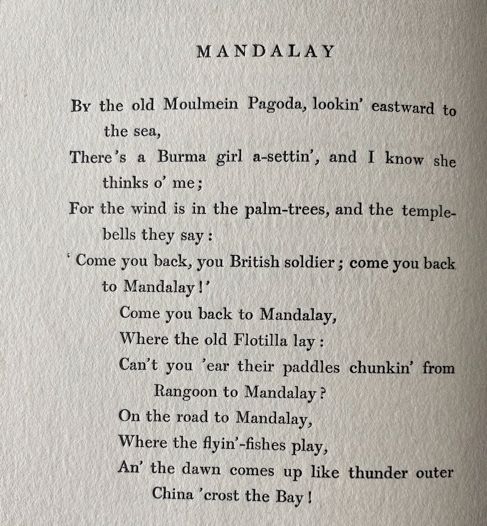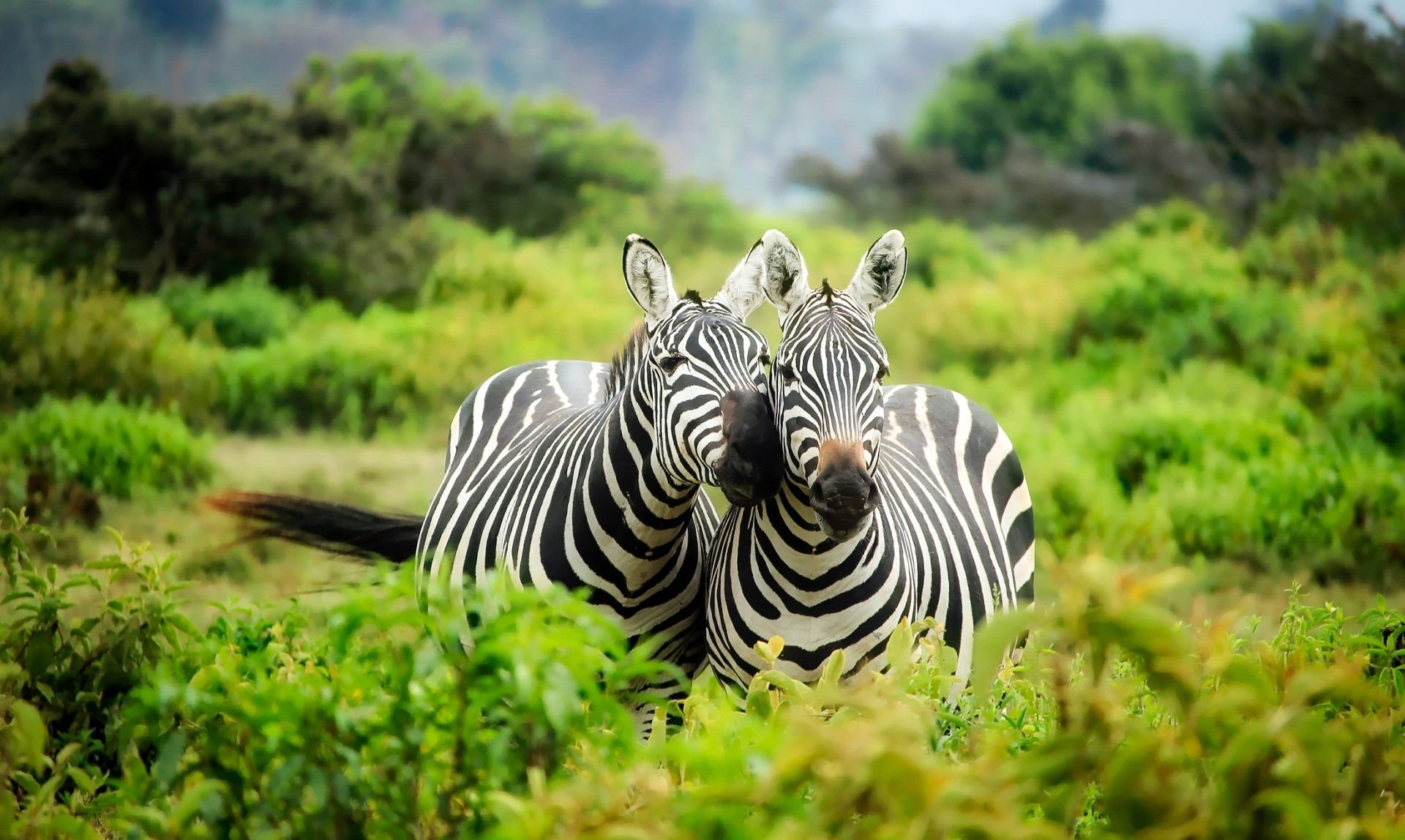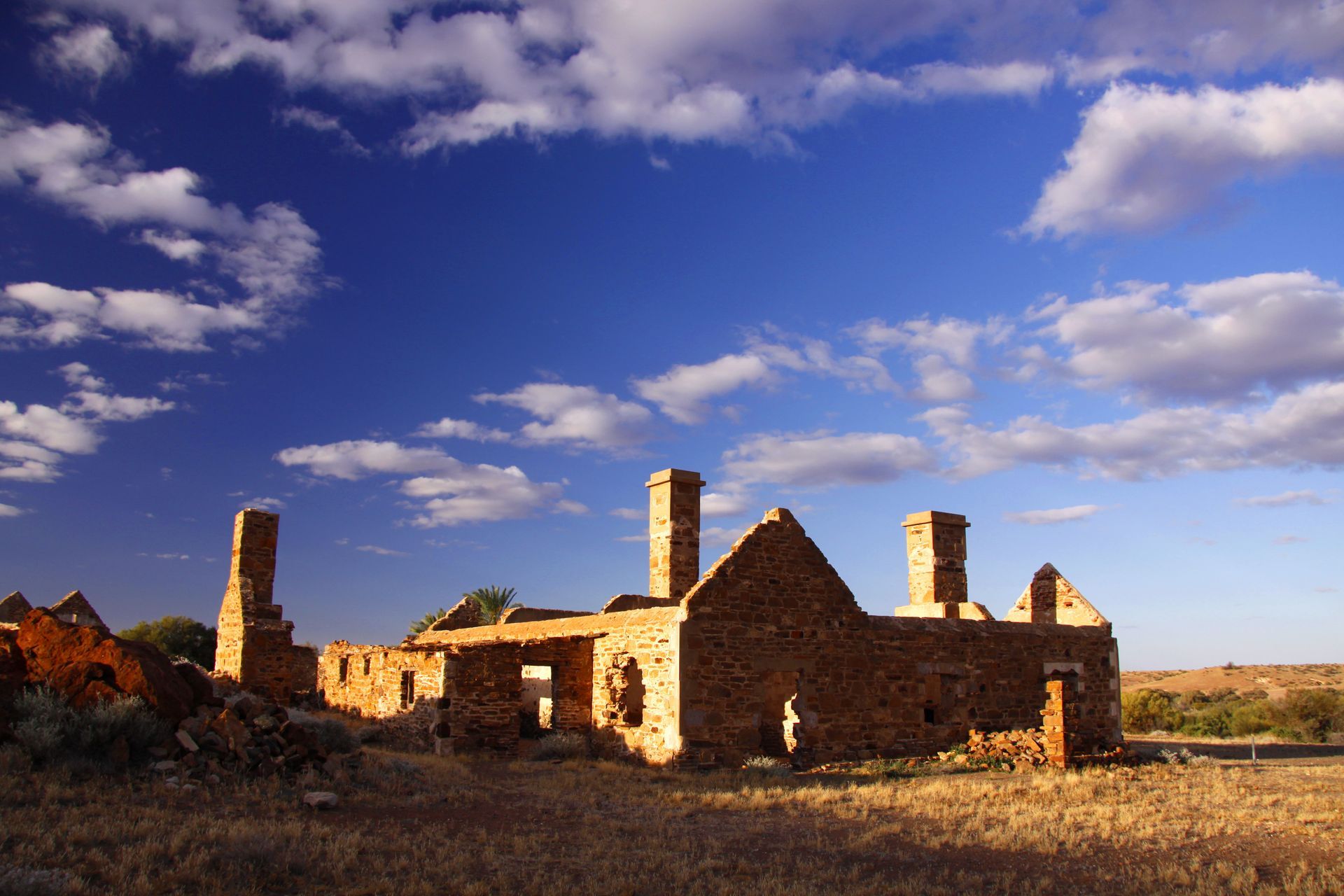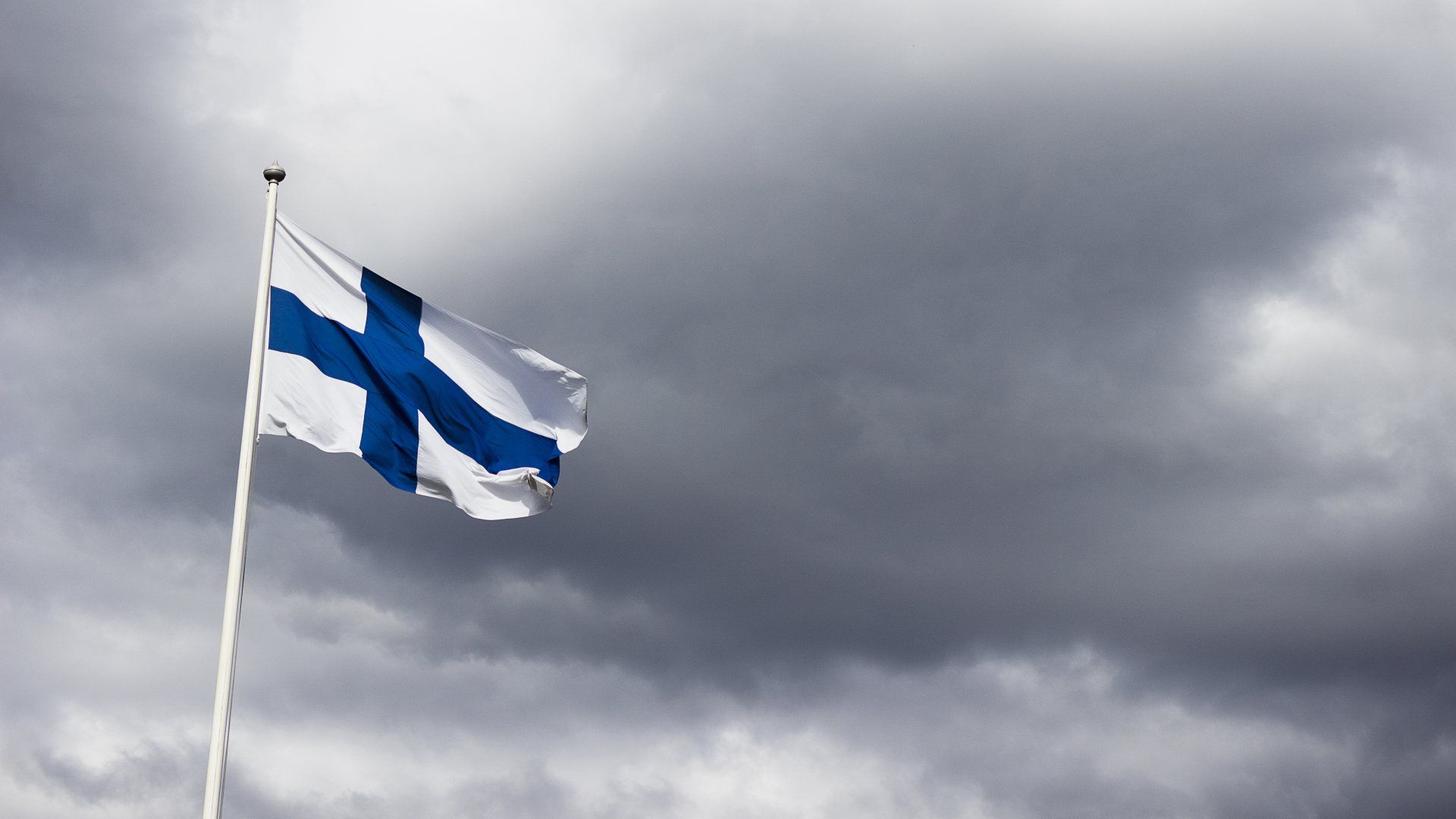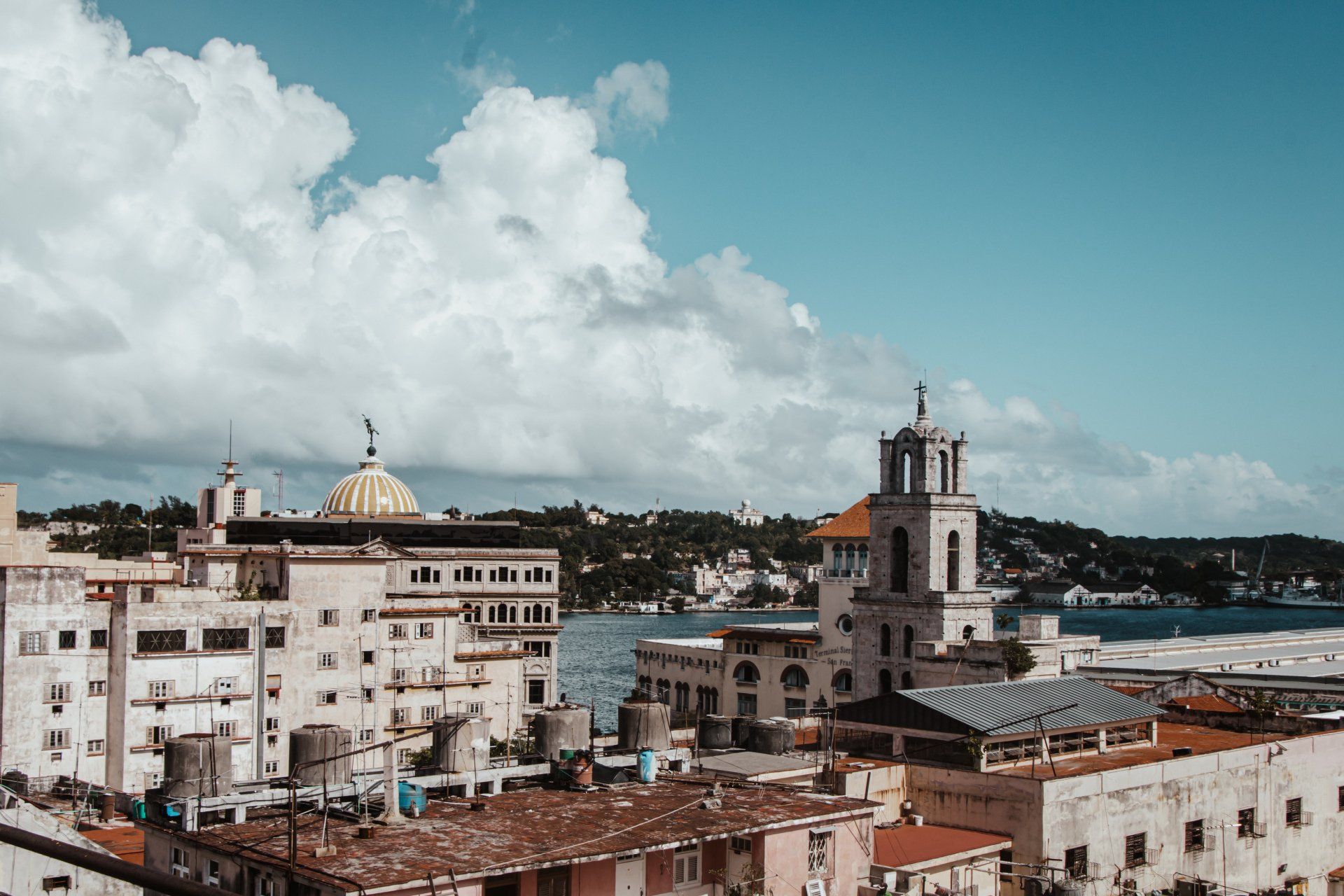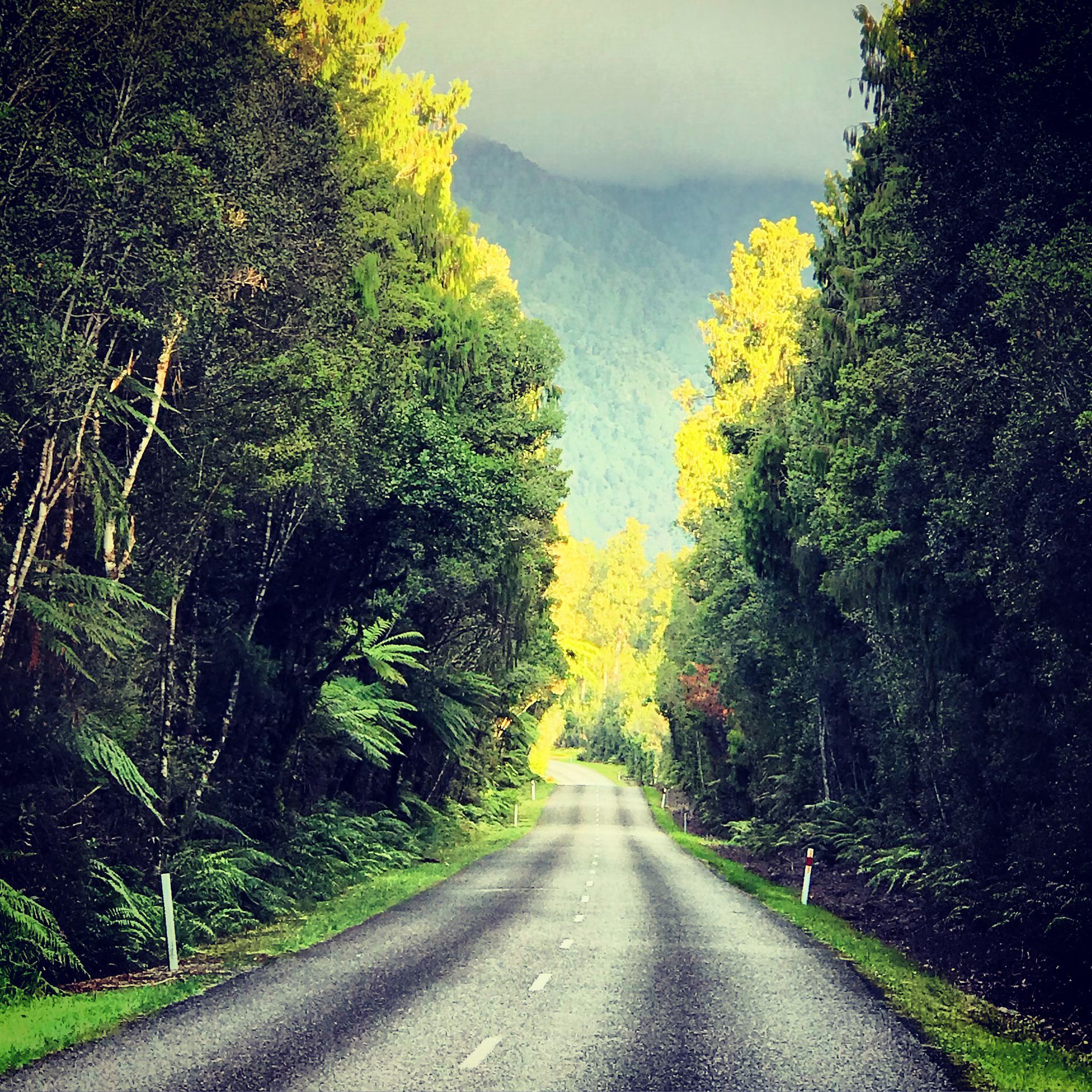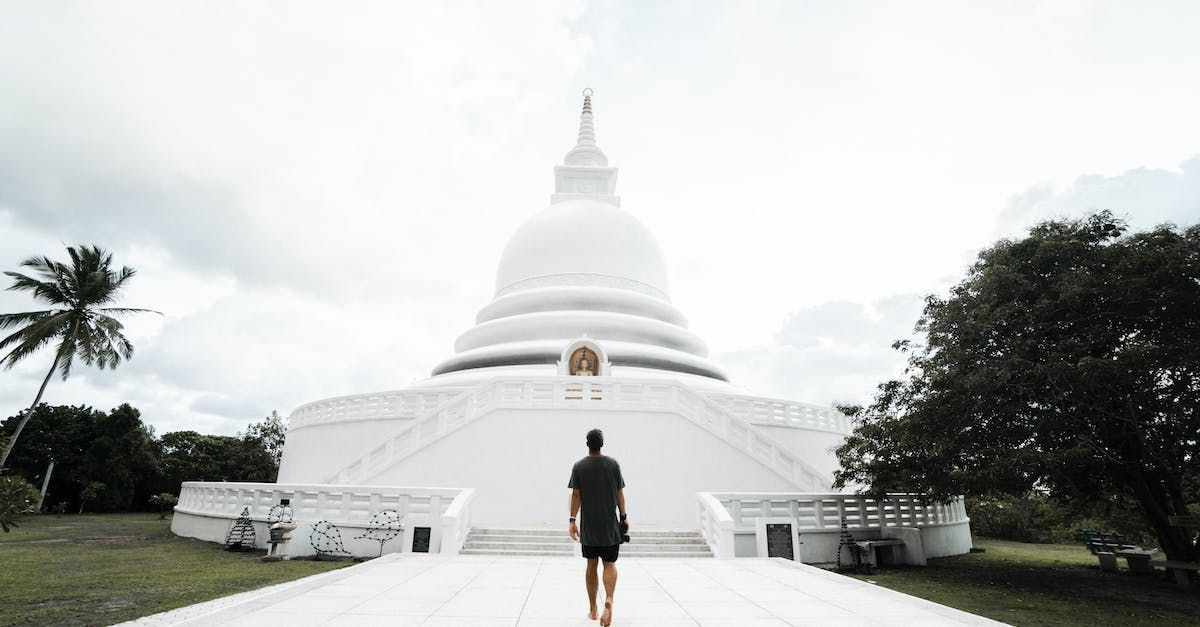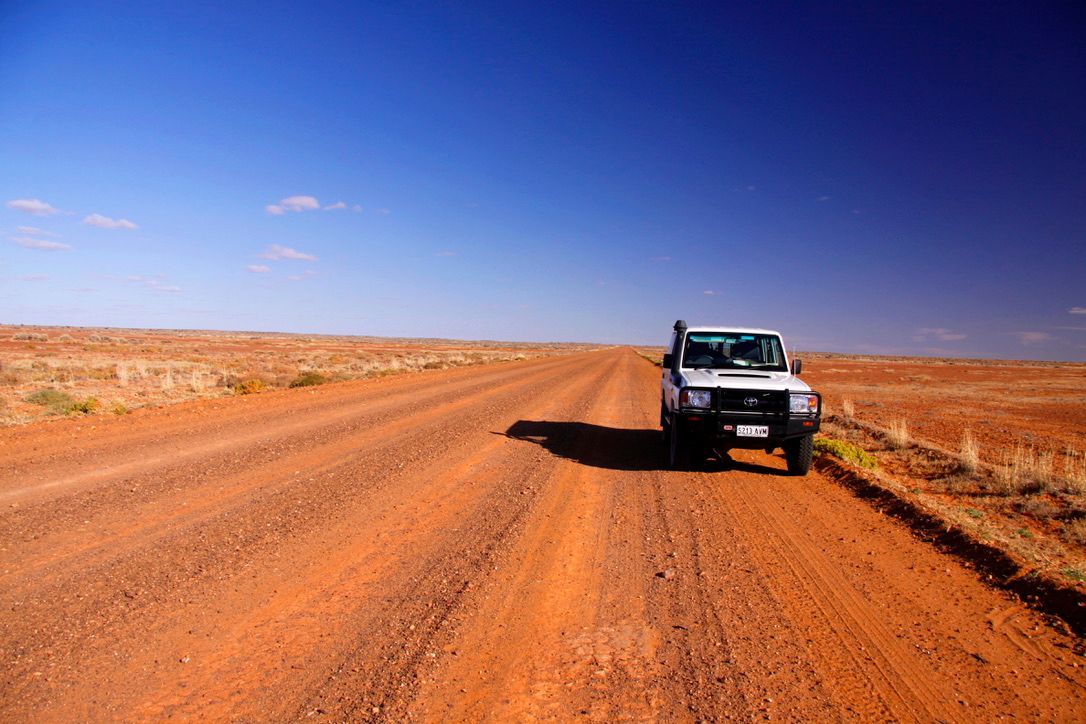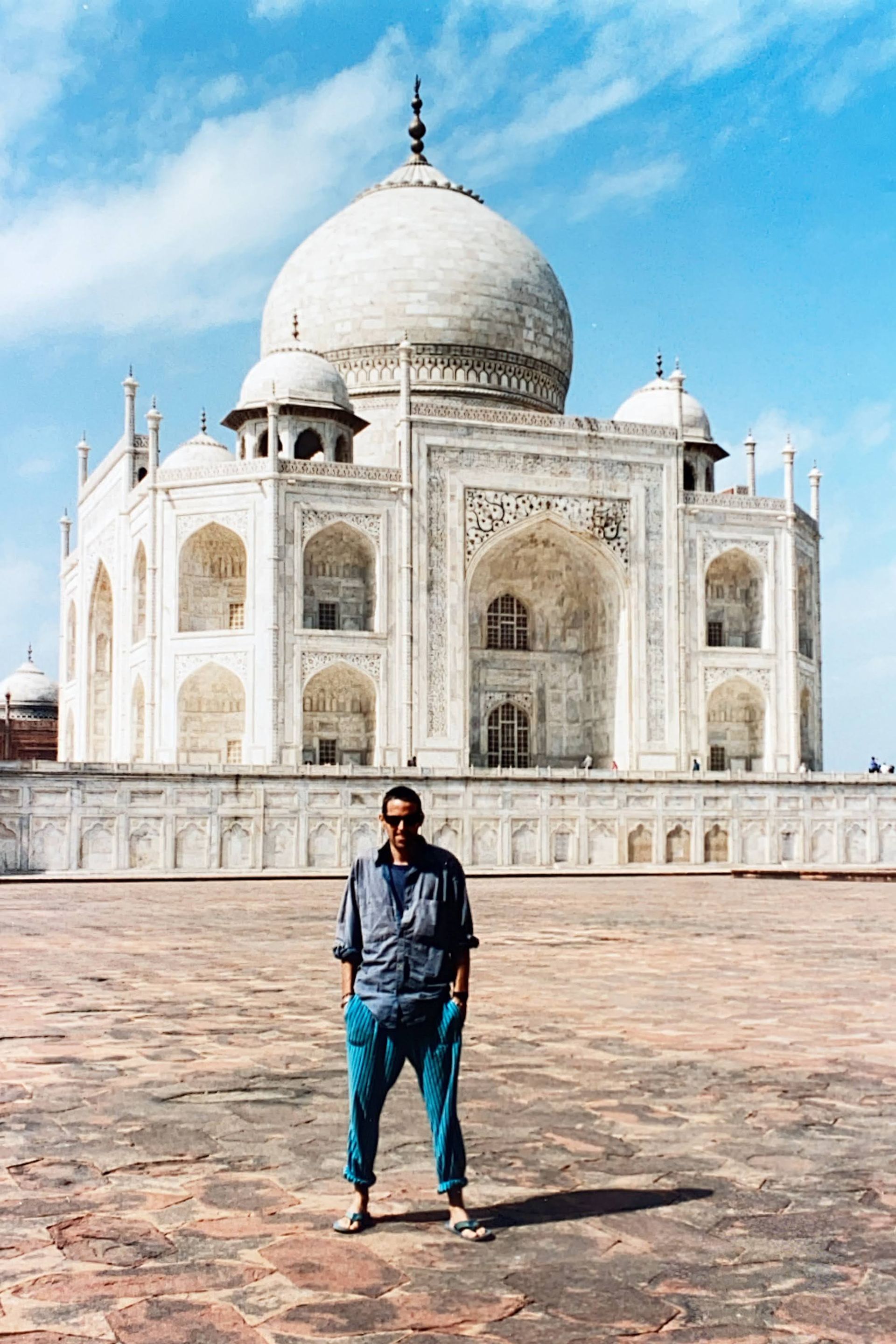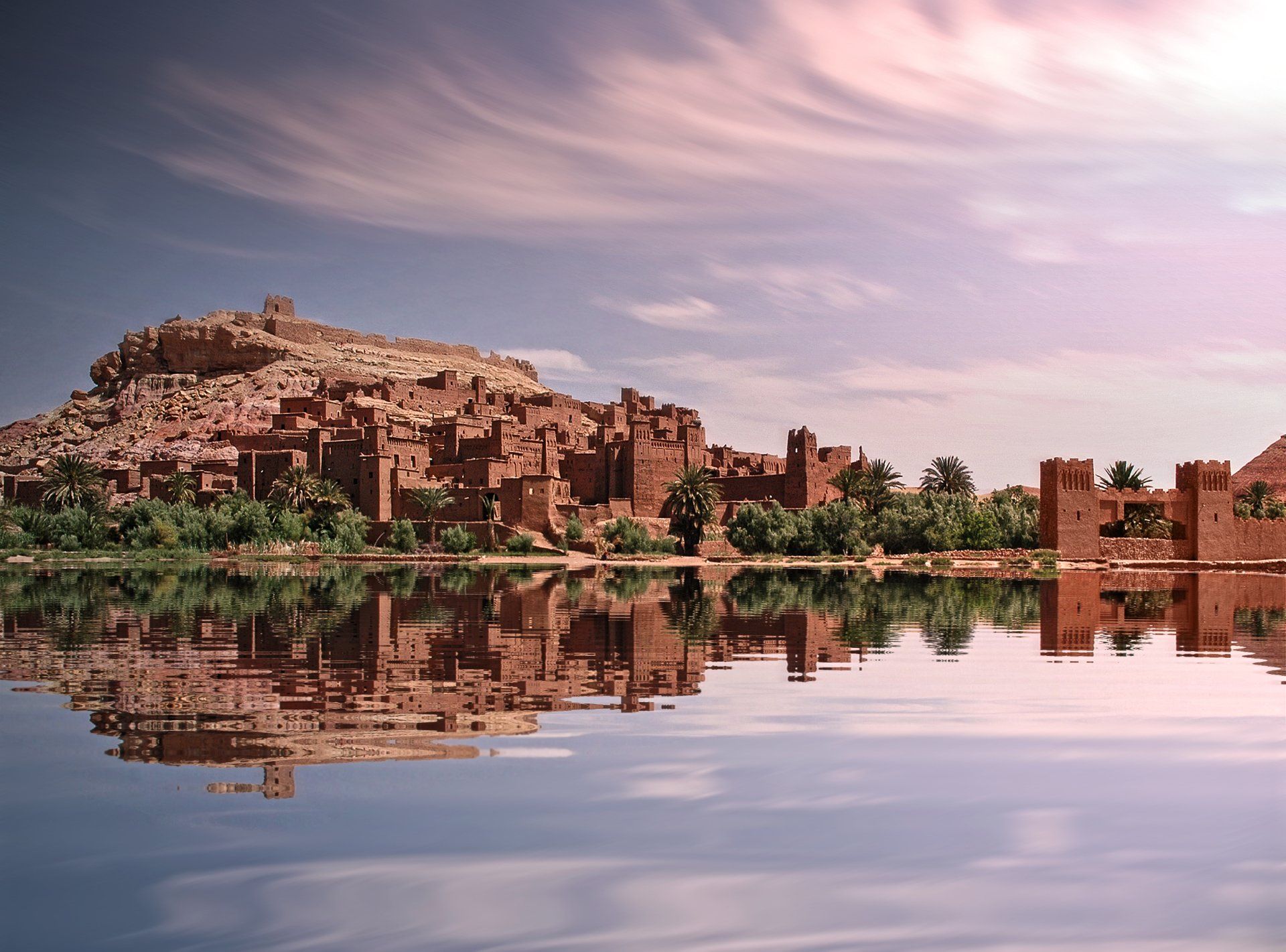And the dawn comes up like thunder, outta China, ‘crost the bay…
– Rudyard Kipling, Mandal
ay
Travelling is a series of vignettes and coincidences. As you move through landscapes and cross continents, you see things that remind you of home. You see familiar faces in crowds of complete strangers. Doppelgangers appear and disappear on platforms and street corners. Smells and sounds take you back to places long forgotten. Ironic wording on billboards and signs make you smile or snigger or, occasionally, laugh out loud. And coincidences sideswipe you in the most unexpected of places.
The scrolling sign in the embarkation shed beside the Hoogley read “Howrah to Fairlie.” I was watching it as I walked down the ramp towards a scowling attendant guarding the landing stage beside which a battered river ferry was moored. At first I thought it was a mis-print: common in India where English isn’t so much a second language as an add-on to Hindi, able to be mangled and mashed as required.
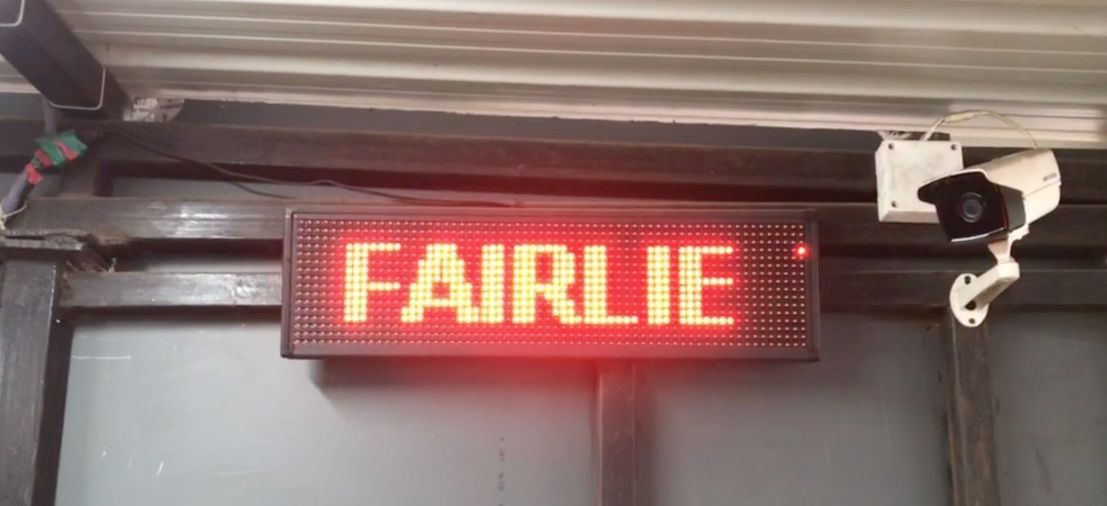
But there it was, Howrah to Fairle, scrolling from right to left in crimson neon on a rectangular screen fixed to the grubby wall above the attendant’s chair. Fairlie. The small country town in South Canterbury on New Zealand’s South Island. Fairlie. The place where I’d spent so many of my formative years; the place my wife came from and where her parents still live. During my fifteen years as a High Country shepherd I had worked on farms and stations all around Fairlie. I’d been drunk in Fairlie. I had done my shopping in Fairlie. The Fairlie vet had treated my sheepdogs; the Fairlie garages had repaired my vehicles. Fairlie. It was a place so far removed in space and time from where I now stood, on the left bank of the Hooghly River in central Kolkata, that it seemed to belong to another world. Yet here I was, in Fairlie, waiting for a ferry to Howrah.
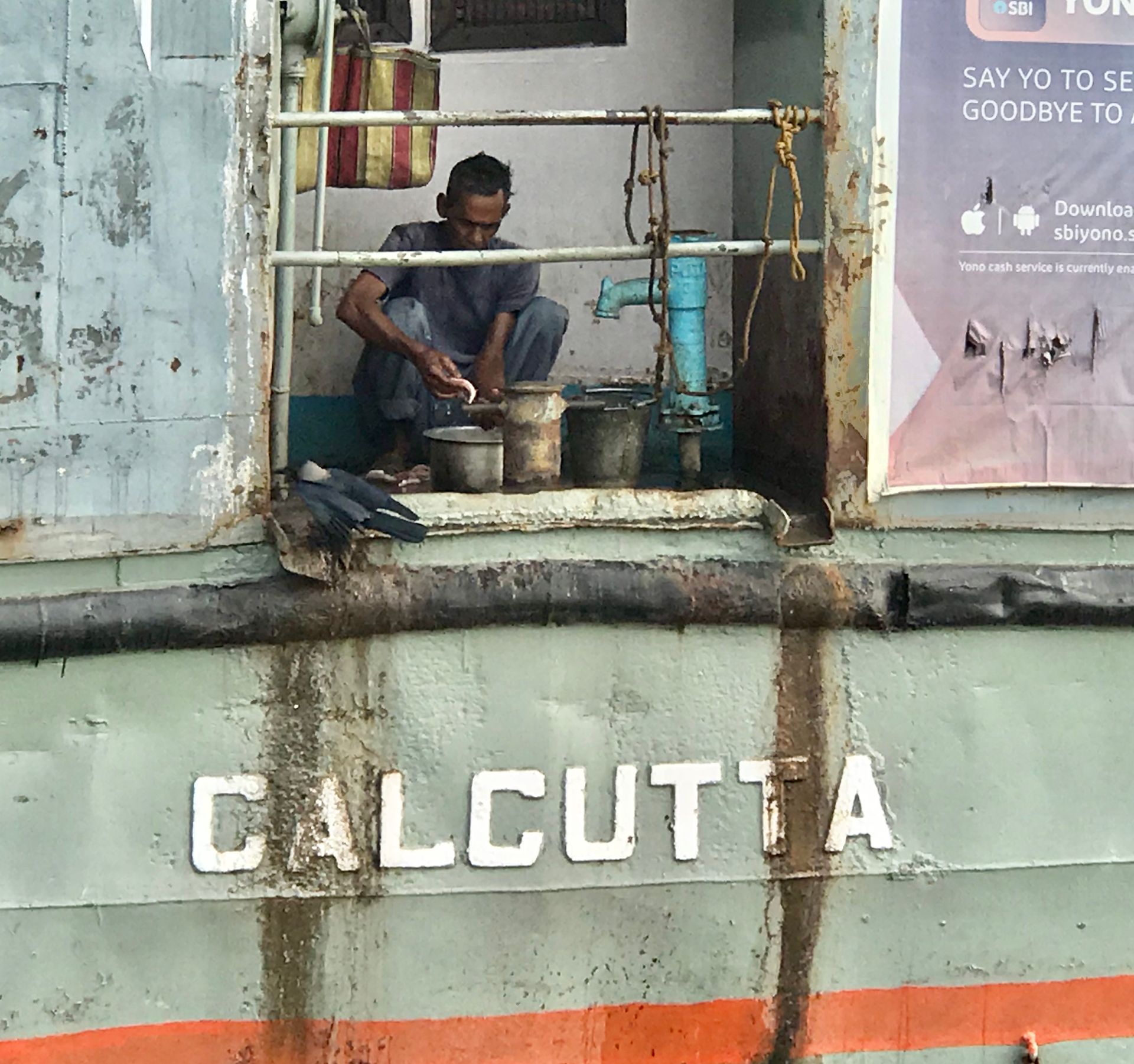
I crossed the river. The ferry was almost empty. I stood on the second deck in the cool breeze. The river shone like a strip of burnished copper in the morning sun. Upstream, the Hoogly Bridge stretched itself from bank to bank like a giant grey Meccano model. Water hyacinths drifted in the current, taking all their support and nourishment from the river. They reminded me of another great river, the Congo, deep in the dark heart of Africa, which Linda and I had floated down years before.
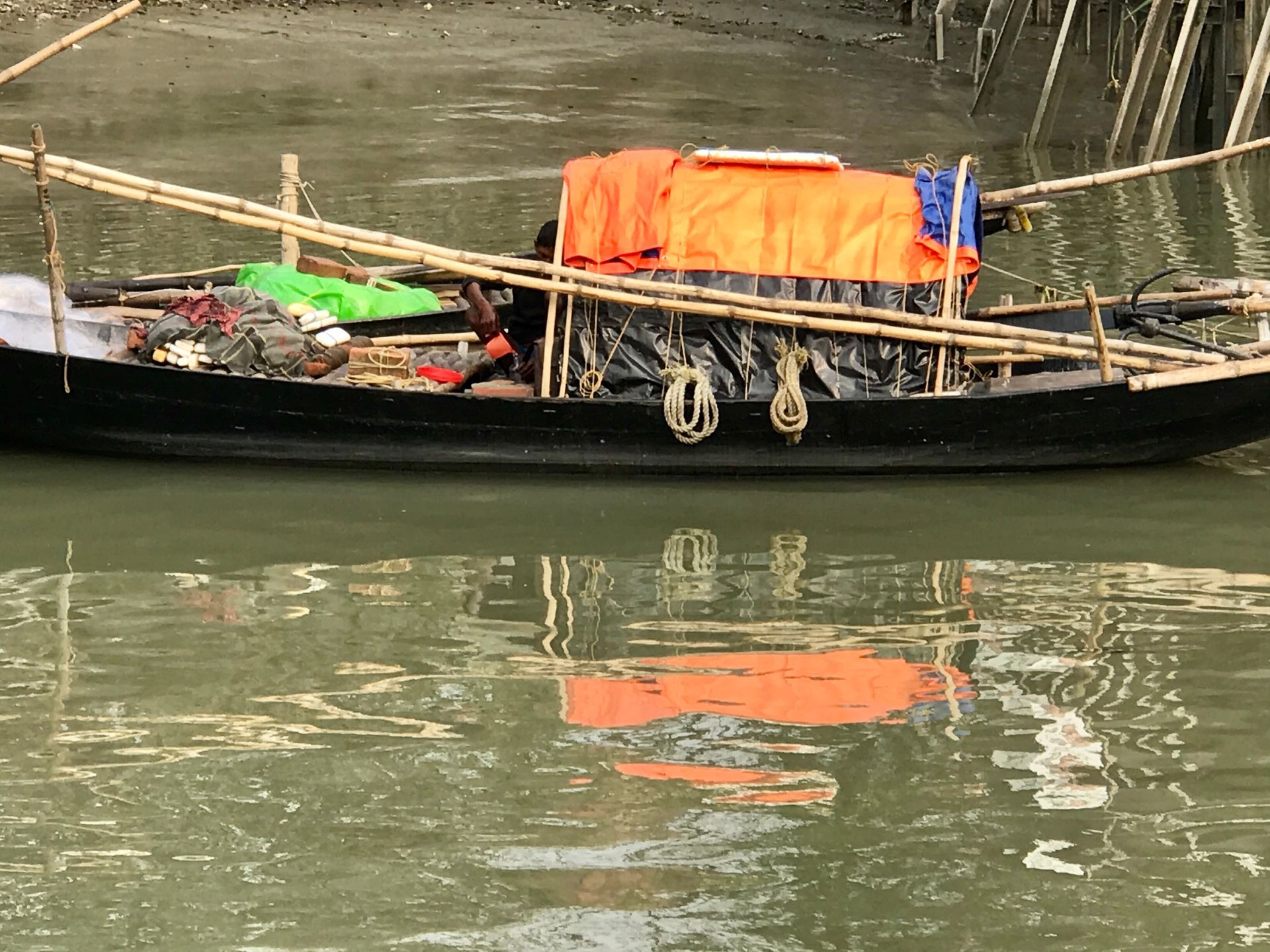
On the south back the ferry nudged against a steel pontoon jetty. The deckhand moored it with a greasy rope, easing double hitches around the bitts welded inboard of the ferry’s forward fairlead. I stepped ashore. The other passengers climbed a covered ramp and disappeared into the crowds of commuters erupting from Howrah Station. I stayed on the jetty. Brick warehouses towered over the waterline. On a tiny concrete ghat, people washed their clothes and bathed. Slender wooden fishing boats, with ramshackle deck shelters of sticks and plastic arched amidships, lay moored to the muddy shore.
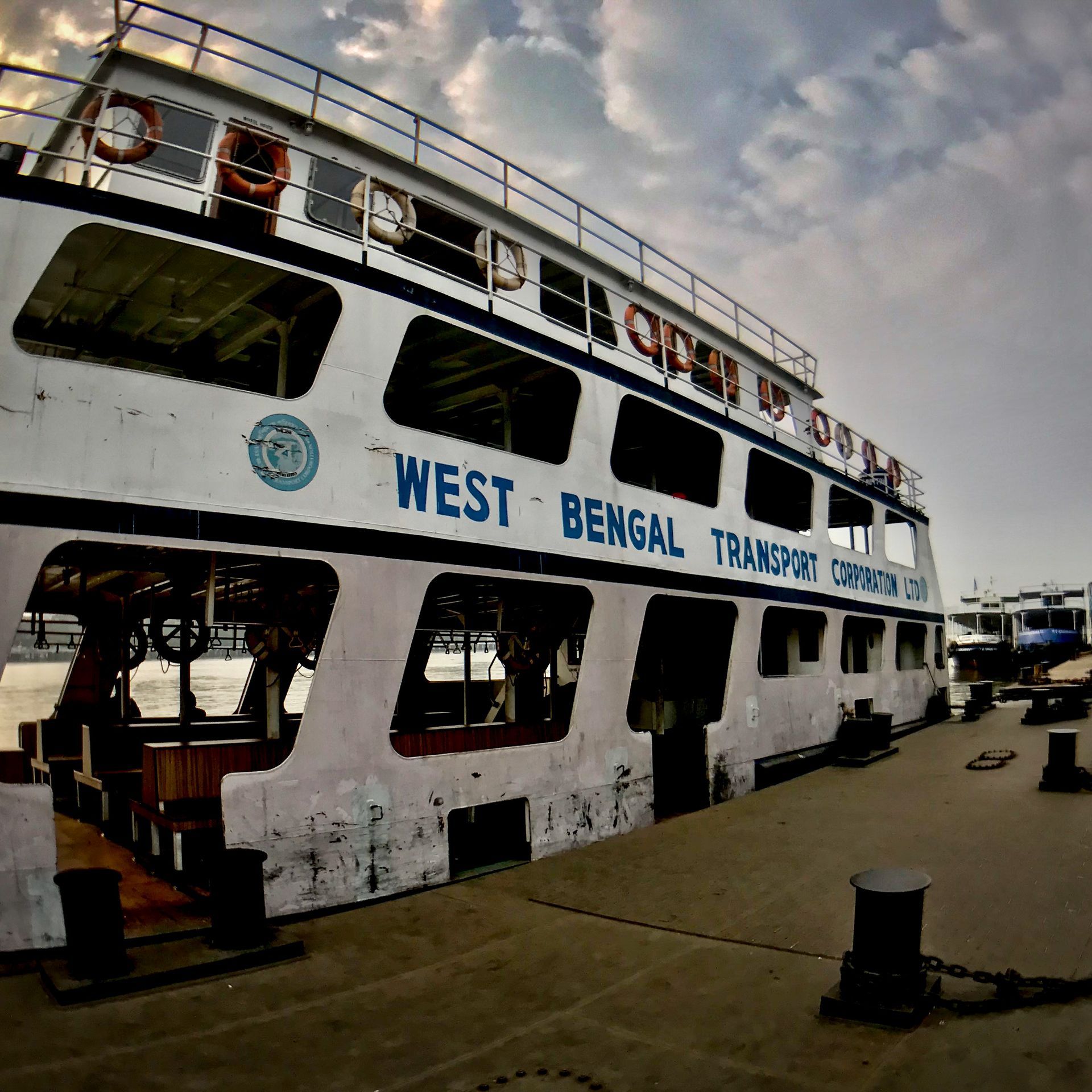
The steel punts of the jetty clanged and creaked in the current. The river’s opaque water, swirling around the hulls with a sibilant hiss, had its source in the snowfields of the Himalayas: as distant in time and space as I was from those far-off days when I was a shepherd in the hills around Fairlie. Soon, the river would flow out into the Bay of Bengal and its waters would return to the endless cycle of evaporation and precipitation. I sat on a bollard looking across the river to another Fairlie, on the far shore. And the sun came up like thunder.
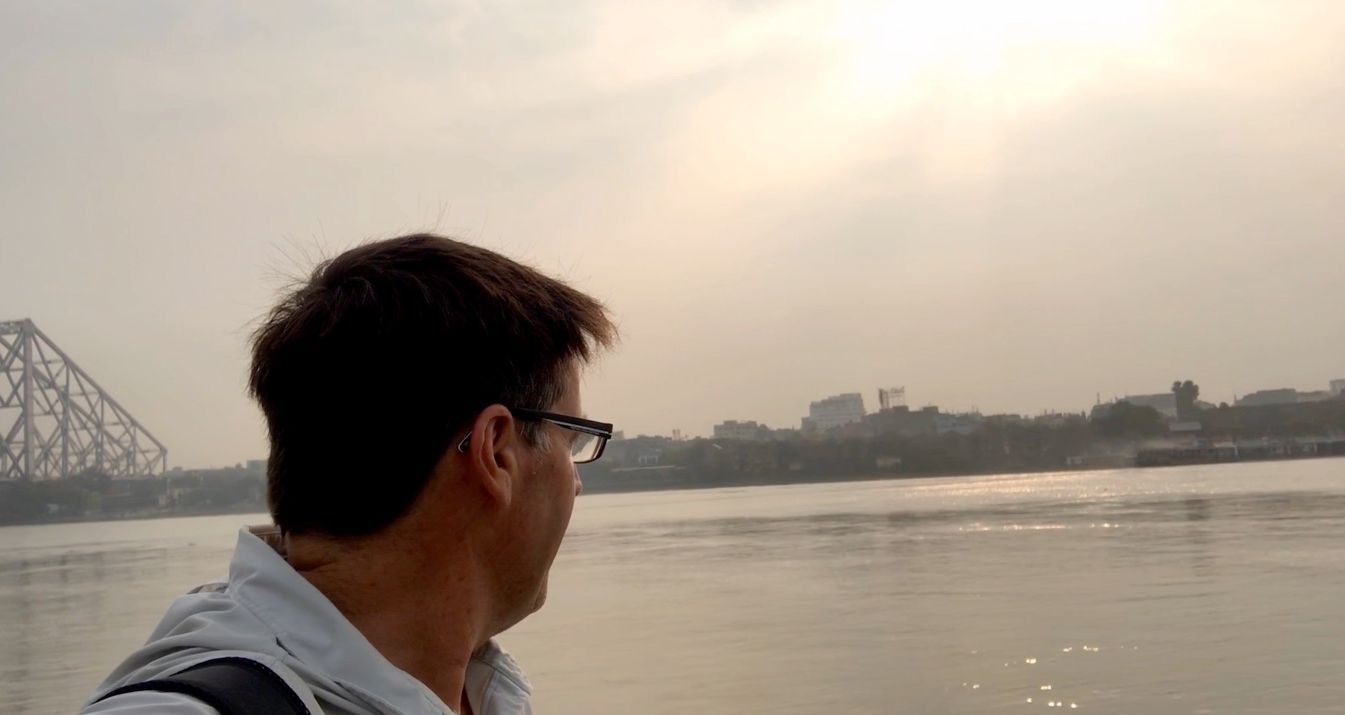
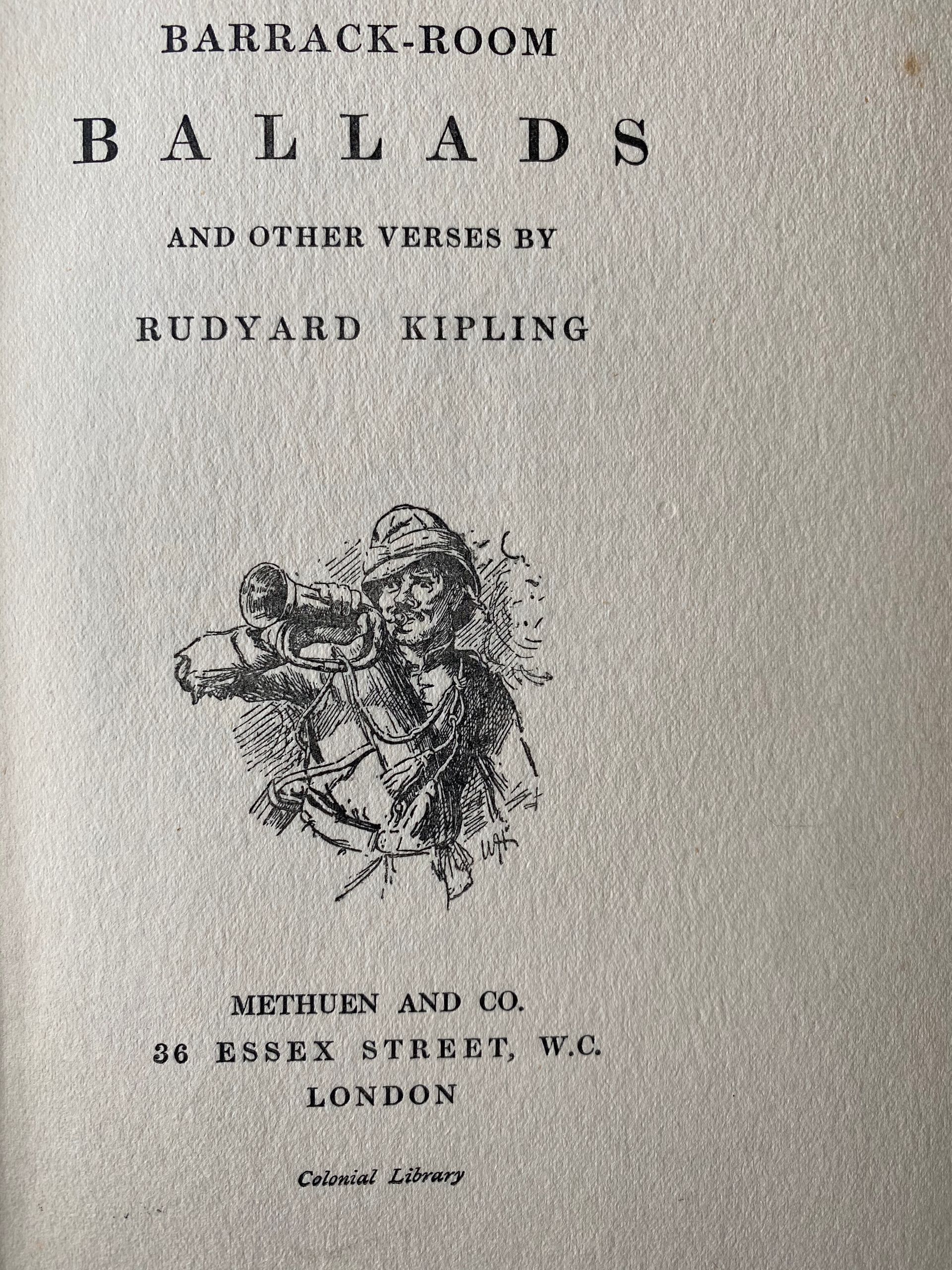
FOOTNOTE: I have a 1908 copy of Barrack-room Ballads by Rudyard Kipling which includes his poem Mandalay.
